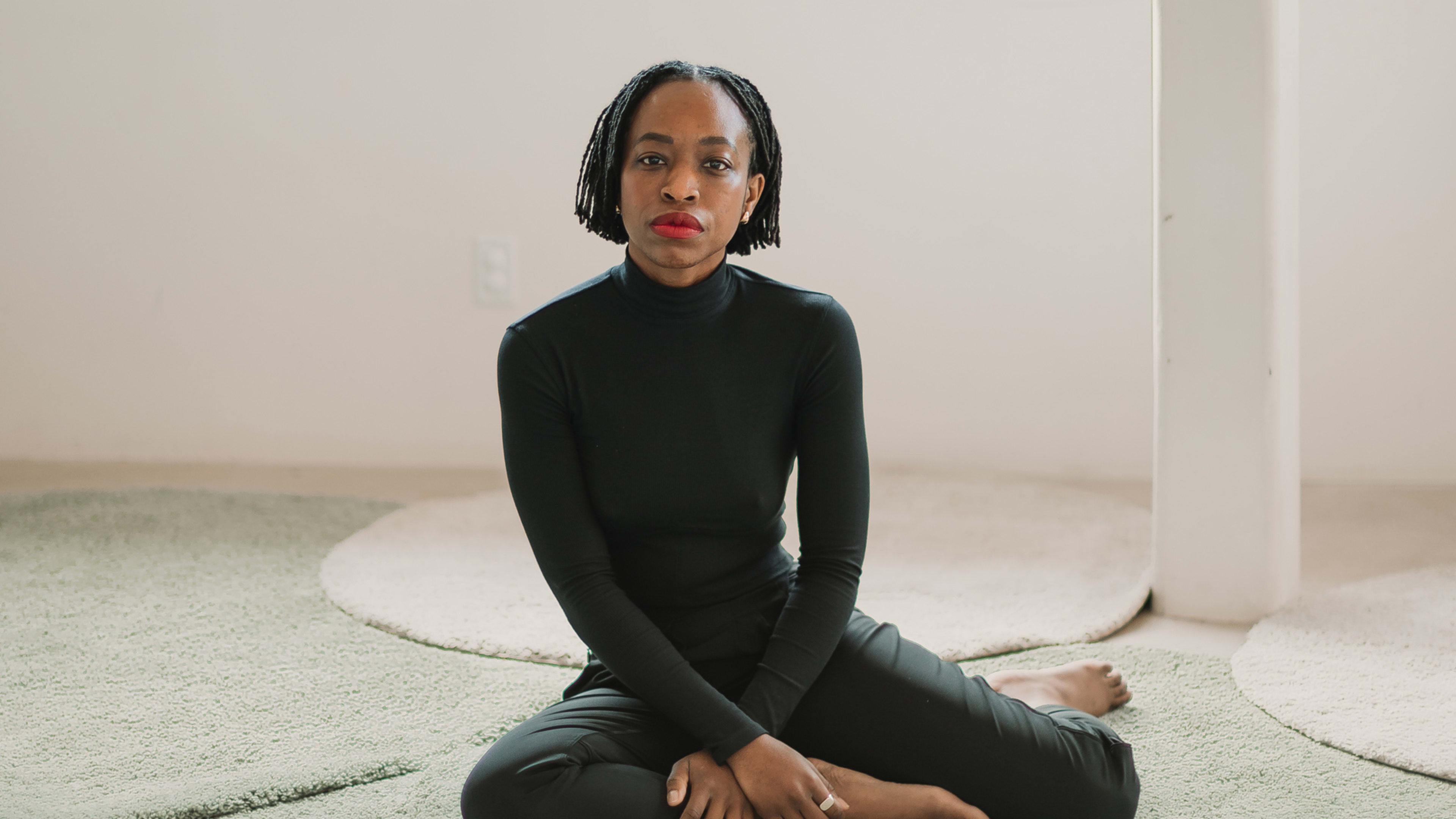After a stint in the fashion industry, Erica Chidi was looking for her next move. She had tried on a number of hats, from art curation to a culinary degree, but nothing stuck. When she started looking into nursing programs and learned about doulas, something clicked. “What I liked about it was doulas are like educators and advocates,” Chidi says. “One of my natural gifts is speaking and helping people understand things.”

Chidi’s experience as a doula—and a move to Los Angeles—laid the groundwork for her next venture. Chidi started hosting childbirth classes out of her home, coupled with “a farm to table meal” that she cooked herself. It was at one of those events that Chidi met her cofounder, Quinn Lundberg, who helped her start Loom, a platform for educating women and nonbinary people on sexual and reproductive health.
Since 2016, Loom has operated out of a brick-and-mortar center in Los Angeles, hosting events and educating people on a range of women’s health issues, from periods and pregnancy to fertility and abortion. Loom also offers a series of classes tailored to LGBTQ couples who are looking to become parents, and all of its programming is branded as LGBTQ-friendly. (Chidi herself is gay.) With a new $3 million seed round under its belt, Loom is working on a digital expansion that will be unveiled in the fall.
https://www.instagram.com/p/B_F1NMmAbZW/
“Our value proposition as a company is that sexual and reproductive health experiences are interconnected,” Chidi says. “They’re on a continuum. We should not be siloing postpartum from menopause, sex from fertility, or birth control from miscarriage. Any nonbinary [person] or woman—however you identify, if you have those reproductive parts—[is] going to flow through all of these potential experiences.”
Loom’s sizable cash infusion—which was driven by a number of female investors and people of color—also makes Chidi one of just a handful of Black women who’ve raised more than $1 million in venture capital dollars. Though Black women are reportedly the fastest-growing contingent of entrepreneurs, they still receive just a fraction of venture funding. As of November 2017, there were just 34 Black female founders who had raised more than $1 million, according to Digital Undivided’s most recent Project Diane report.
Like other events-based businesses, Loom has moved most of its classes online over the last few months, due to the coronavirus. A 90-minute session on periods costs $50, while classes on pregnancy are priced at $125. But Chidi was already thinking about how to expand access to Loom’s offerings well before in-person events became a distant memory. “The goal is to really become a well-being platform that empowers women through sexual and reproductive health education,” she says. Chidi is also positioning Loom’s digital avatar as a place for online community.
Chidi is still ironing out the specifics of pricing for the new platform. But she says the framework of reproductive justice—which centers racial and economic disparities in access to reproductive healthcare—is top of mind. “We are 100% going to be coming to market at an accessible price point,” Chidi says. “We do not feel that there should be any kind of hierarchy in terms of people’s ability to access this information.”
https://www.instagram.com/p/B4_VCLngrj5/
Given the inequality baked into internet access, Chidi is also thinking about what sort of impact model might make sense for Loom—say, sharing profits with grassroots organizations focusing on reproductive justice. “We do not want to be seen as an exclusive brand for only this kind of person,” she says. “The thing about sexual and reproductive health is that it has ubiquity.”
Investors seem to agree. According to CB Insights, funding in women’s healthcare and sexual wellness startups has grown steadily since 2014, with a significant bump in early-stage financing last year. Chidi cites “the explosion in femtech” as part of the reason Loom raised its seed round in just three months. (She also notes that a close friend, Ritual founder and CEO Katerina Schneider, helped introduce her to investors.) But the proliferation of products and services in the space also seems to reinforce her belief that there’s still room for an education-based platform—even in what some might consider a crowded market.
“It’s all great to make a really good cycle tracking app, or a really good vaginal suppository or a really good menstrual cup,” Chidi says. “But what’s that going to do when people don’t know what to do with it? People don’t know the difference between their vulva and their vagina. So for me, the education is the thing that creates a more empowered consumer experience.”
Recognize your brand’s excellence by applying to this year’s Brands That Matter Awards before the early-rate deadline, May 3.
